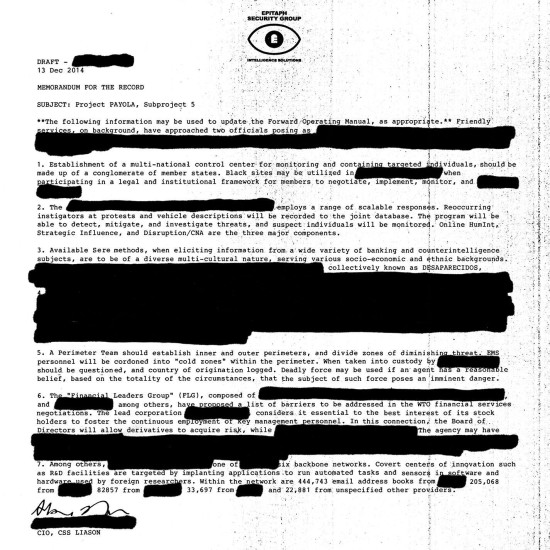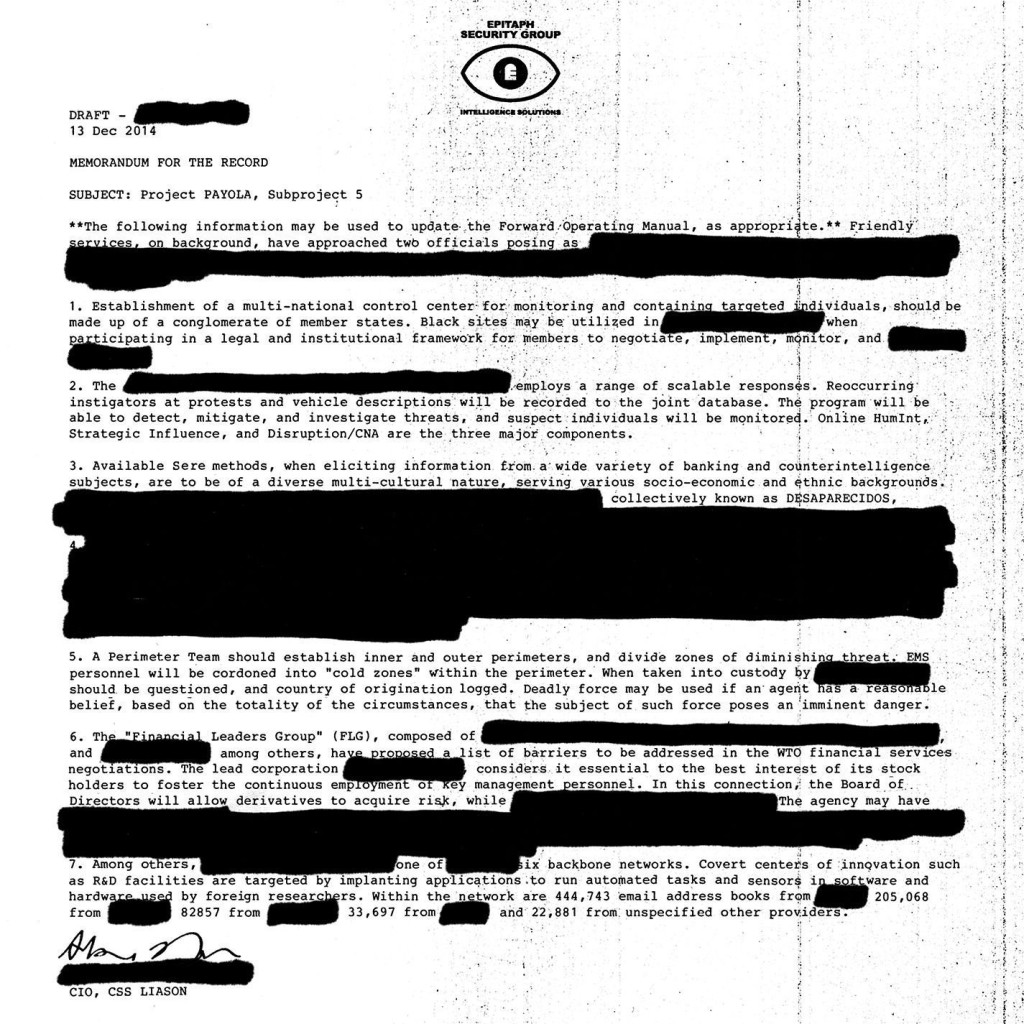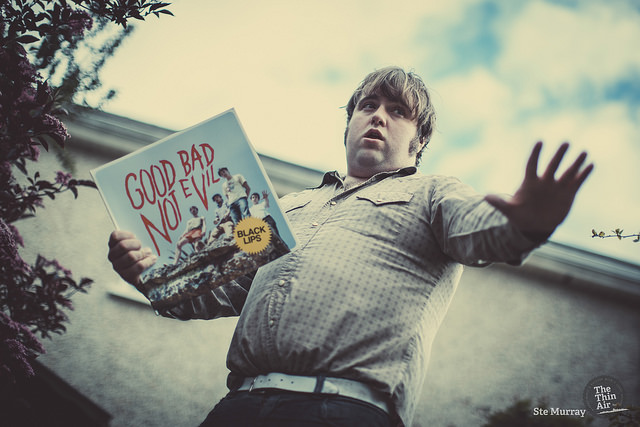Bright Eyes, and by extension their central member Conor Oberst, are the sort of group who elicit a strong reaction from people. There are those who think him a Dylanesque wunderkind whose every word perfectly summarises all the emotion that their teenage selves never could, others see him as an obnoxious, overgrown perpetual adolescent who needs to get over himself rather swiftly. There is also a decently sized camp who are indifferent until he lets his frustration loose in the rawest manner. Of the three groups, the one who’ll be most satisfied by the man’s latest venture, the long awaited return of Desaparecidos, will most likely be the third one. The group’s latest LP, Payola, may as well be called “Payola: Or How Conor Oberst Learned To Put Down An Acoustic Guitar and Scream About Social Issues”. In the 13 years since their debut, Read Music/Speak Spanish, a lot of hands have changed but the players still remain the same and the album reflects that. It’s a throaty, unabashedly bellicose album that means to, in the most blunt and brutal way, crucify the cancerous bacteria slowly corrupting our society and tormenting our collective consciousness.
This is a punk record through and through. There are no heartfelt acoustic laments to lost love or seven-minute guitar noodle fests. It’s a short, snarling and scrappy experience and is all the better for it. Over its 14 tracks, the album just about pips the 40-minute mark, leaving the majority of the glut and experimentation at the door. This isn’t an album for the band to show how good they are: this is an exercise in exorcism to release all their dissatisfaction and disappointment in the most frenzied manner possible. This is a double-edged sword though. While the album does have this unflappable devotion to its overall message and mood, it also causes the group to repeat themselves a lot, particularly musically. On first listen, many of the songs begin to blur together in a manner not dissimilar to Bad Religion, Rise Against or Propagandhi. Over time each song does etch out its own unique identity, but it’s an unfortunate hump to have to surmount.
One of Oberst’s greatest strengths is his mastery over the English language. Even when he isn’t being particularly subtle or clever, he still has this innate ability to compose these fascinating and compelling lyrical nuggets. Take, for example, the middle eight on album opener ‘The Left Is Right’: “The ’60s proved that change is hit or miss/every bloody pacifist concedes the truth/if one must die to save the 99/maybe it’s justified.” It’s a record that wears its bleeding heart on its long, striped sleeve. It’s an album of first-year politics from that person who has finally read The Communist Manifesto and sees the world for what it truly is. Yet this adds a sort of endearing nature to the whole thing. In the same way that Million Dead’s A Song To Ruin should buckle under the weight of its lyrical pretensions, Payola manages to be so overtly sincere that it becomes really enjoyable. It’s an album of such naive, high-octane energy, music and words that it’s hard not be swept along for the ride. Will Murphy







